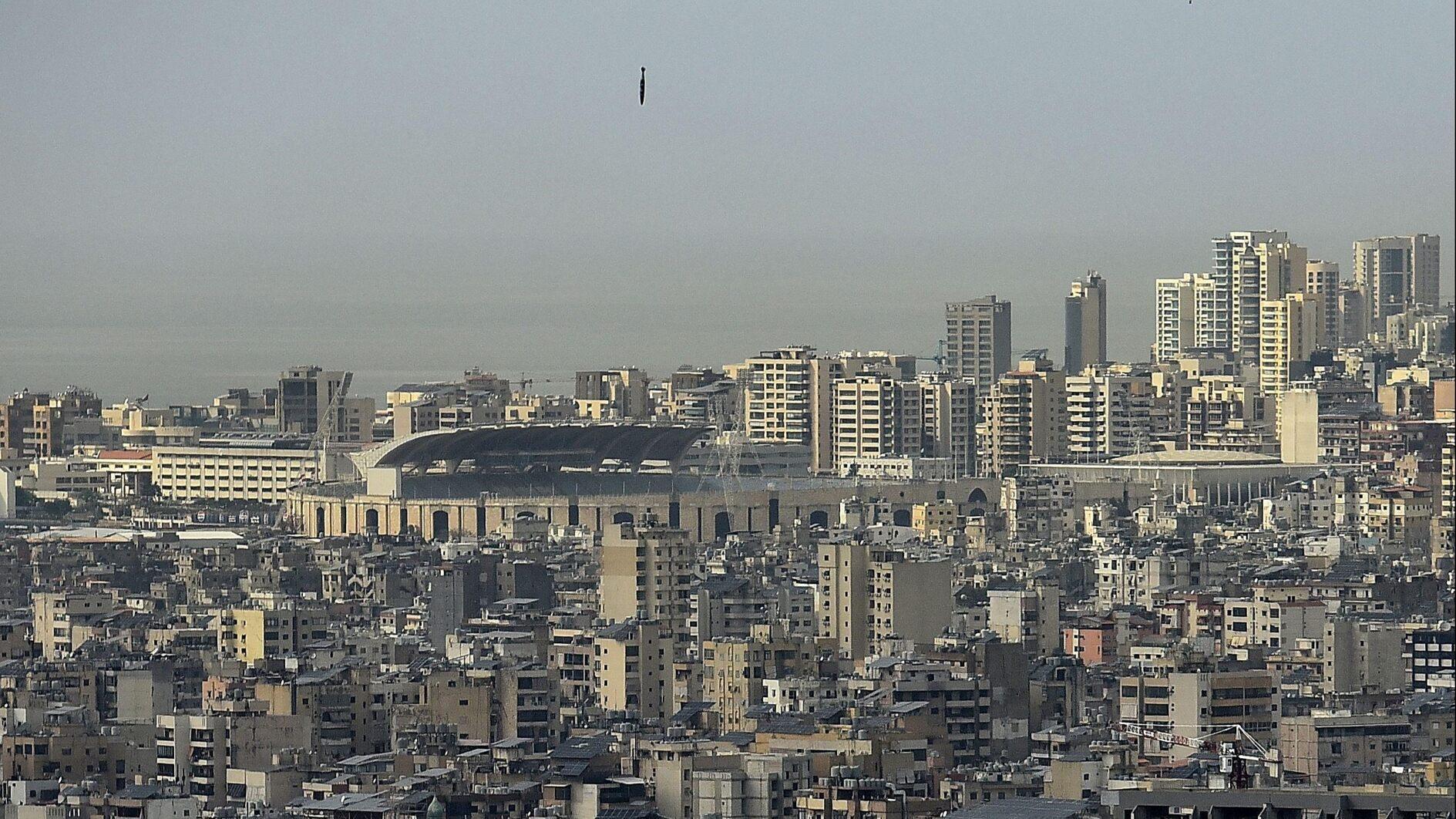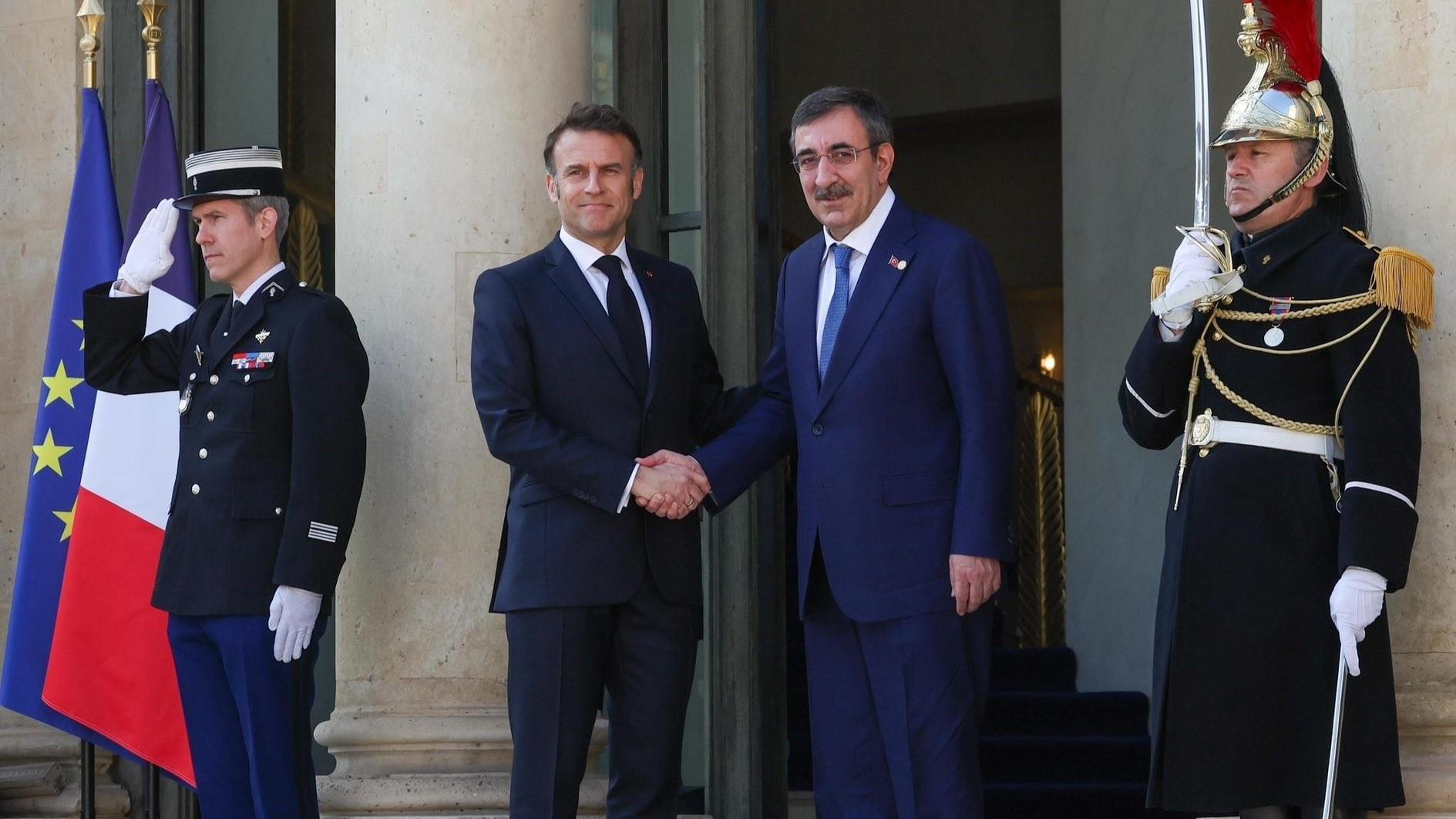Presidential polls in north Cyprus
Turkish Cypriots will be heading to a presidential election next April, the campaign of which will apparently be very colorful.
Prime Minister Özkan Yorgancıoğlu is consolidating his leadership in the left spectrum and proving my earlier conviction that he might become the “Eroğlu of the left.” After not refusing telephone calls for more than a month from former president and ex-leader of the Republican Turkish Party (CTP), Yorgancıoğlu made him understand that he would not be supported if he wanted to run for office for a second time. With the silently nourished presidential aspirations of Parliament Speaker Sibel Siber, offered her name as the presidential candidate of the CTP at a party assembly meeting. The end result? Mehmet Ali Talat immediately announced that he was not a candidate and Siber became the presidential candidate of the “biggest” party in Parliament.
Was she the lone candidate from the left? No, the former legendary Nicosia mayor of Turkish Cypriots Mustafa Akıncı – he served as party leader and deputy premier and tourism minister, but is still remembered from his time as mayor – gave up caring for his grandchildren and returned to politics, saying he is up for the top post as well. Akıncı’s social democratic Communal Liberation Party (TKP) has long transformed and become a socialist Communal Democracy Party (TDP), with far less public support, but apparently Akıncı’s presidential aspirations were revived with the unexpected TDP win in the Turkish Cypriot Nicosia mayoral elections. Mehmet Harmancı was elected mayor because the conservative vote was divided between two candidates and the CTP candidate was the unsuccessful incumbent, but still it was a very big success. Could now the incumbent Derviş Eroğlu, chief negotiator Kudret Özersay battle on the conservative flank and Siber from the left help Akıncı to emerge victorious?
There are already indications that Talat and his loyalists not only in the CTP, but in the Turkish Cypriot left, might not support Siber in the election. She is often accused among leftists of being “too pro-Ankara” and of being a fan of President Recep Tayyip Erdoğan – likely the Turkish national least loved by Turkish Cypriots. There are as well fast spreading complaints in the left that despite his “honorable” distance from Ankara when he first came to power, Yorgancıoğlu has become “Ankara’s man.” Naturally, if a sizeable portion of the budget is coming from Ankara, what else can a prime minister do other than trying to be on good terms with his financiers, but critics don’t appreciate that apparently.
Özersay, 41, is young when compared to the 76-year-old Eroğlu, has worked with all three presidents and participated actively in the Cyprus talks. He has been leading the “Toparlanıyoruz – getting together” movement, a “clean politics” platform. Yet, compared to veteran Eroğlu, who has the support of both conservative parties, he might fail in this first attempt. Eroğlu, on the other hand, has not so far been able to concentrate on an election campaign because of the intensifying Cyprus diplomacy, but appears to be the strongest candidate for victory in April.
Still the outcome will most likely be shaped with the atmosphere in Cyprus diplomacy. If the impression strengthens that a deal is indeed discernible and with some goodwill and additional effort this over-half-a-century-old problem might be buried in history books, the pendulum might shift in favor of the leftist candidates. If, as is now, Turkish Cypriots continue to believe that whatever can be done, Greek Cypriots will not agree to a power-sharing deal and accept the political equality of Turkish Cypriots, then the conservatives, or to be precise, Eroğlu will win.
If, unlike the 2010 presidential vote, the first round of polling is inconclusive and there is a second round between Eroğlu and a leftist candidate, the left might unite and win the election. If the second round is between Eroğlu and Özersay, it will be an easy victory for Eroğlu.











